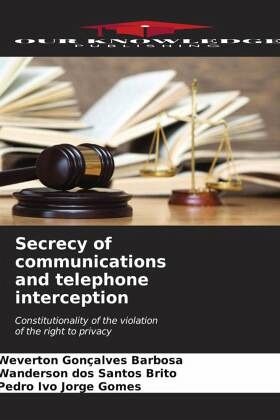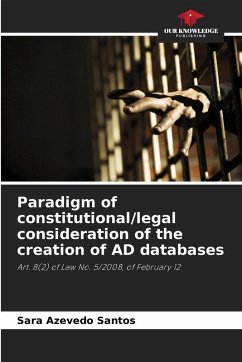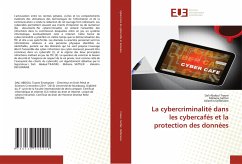
Secrecy of communications and telephone interception
Constitutionality of the violation of the right to privacy
Versandkostenfrei!
Versandfertig in 6-10 Tagen
24,99 €
inkl. MwSt.

PAYBACK Punkte
12 °P sammeln!
As a result of the enactment of the telephone interception law, the need arose to analyse a possible conflict between the fundamental rights of intimacy and privacy and the telephone interception law. The telephone interception law is based on article 5, item XII, of the 1988 Federal Constitution, imposing rules and defining the legal requirements for its application. The aim of this paper is to compare the Telephone Interception Act with the constitutional principle of intimacy and privacy. Exploratory research was used, through bibliographical and documentary research. The approach shows tha...
As a result of the enactment of the telephone interception law, the need arose to analyse a possible conflict between the fundamental rights of intimacy and privacy and the telephone interception law. The telephone interception law is based on article 5, item XII, of the 1988 Federal Constitution, imposing rules and defining the legal requirements for its application. The aim of this paper is to compare the Telephone Interception Act with the constitutional principle of intimacy and privacy. Exploratory research was used, through bibliographical and documentary research. The approach shows that the fundamental rights laid down in the Federal Constitution are not absolute and can be relativised, respecting the requirements laid down in the Telephone Interception Act.












